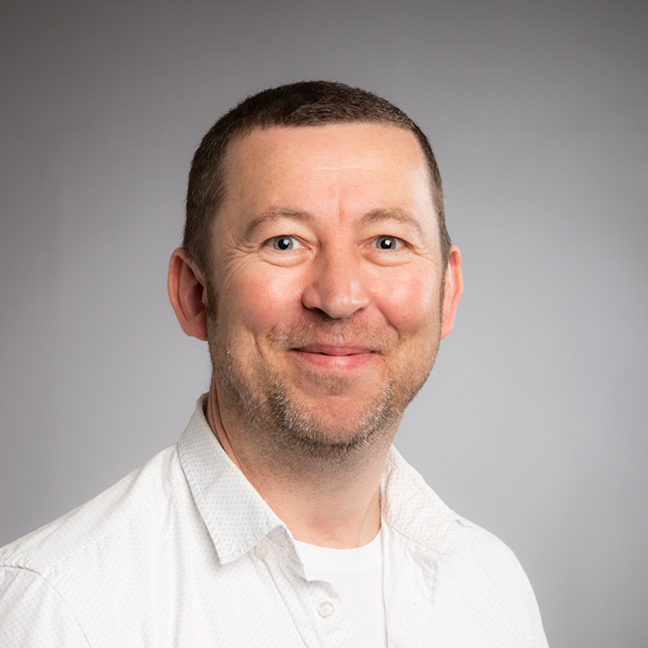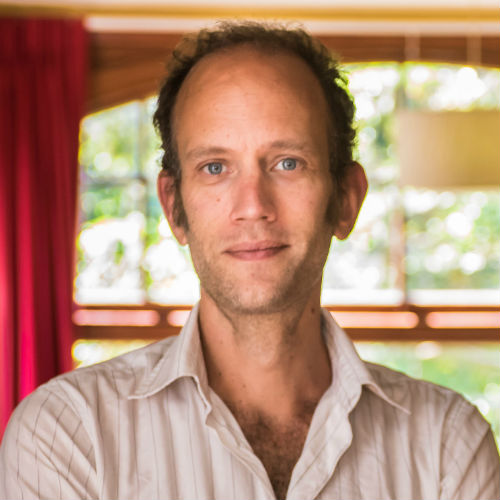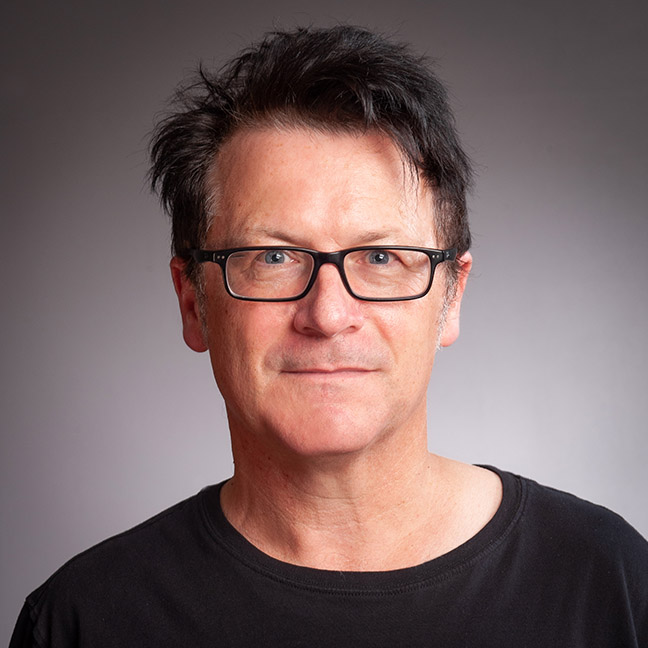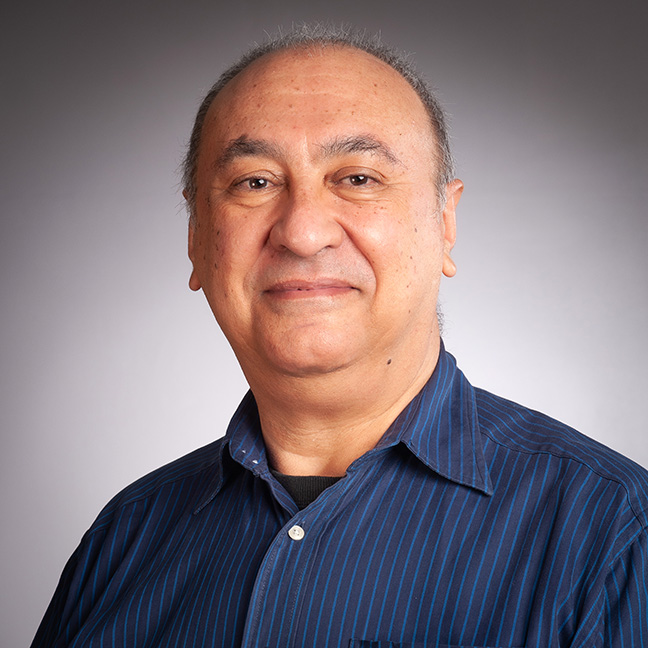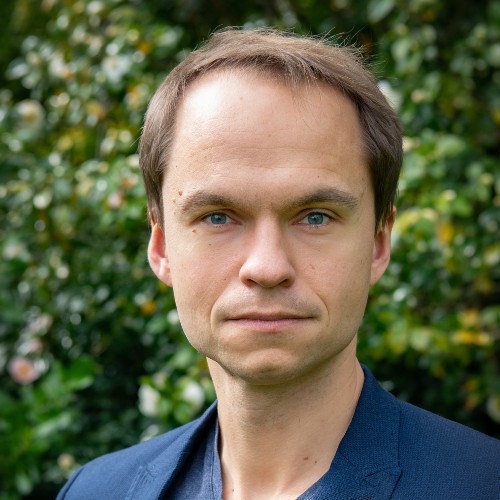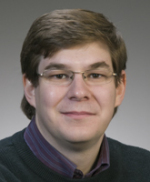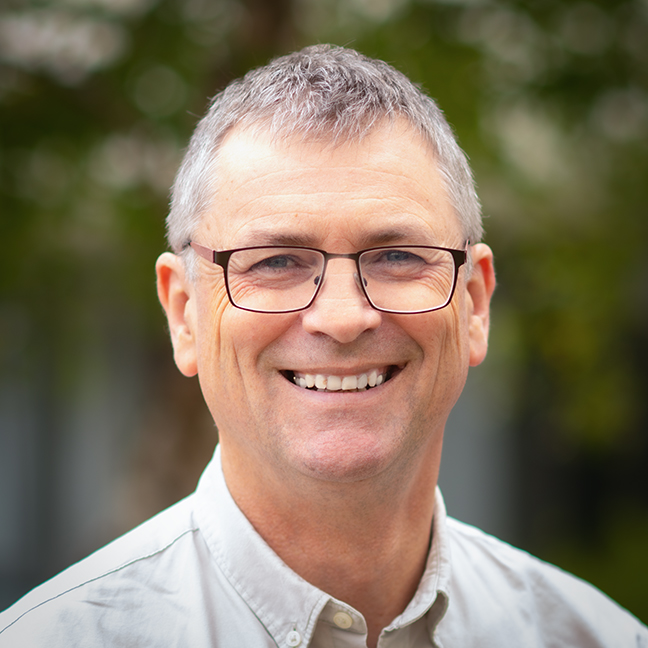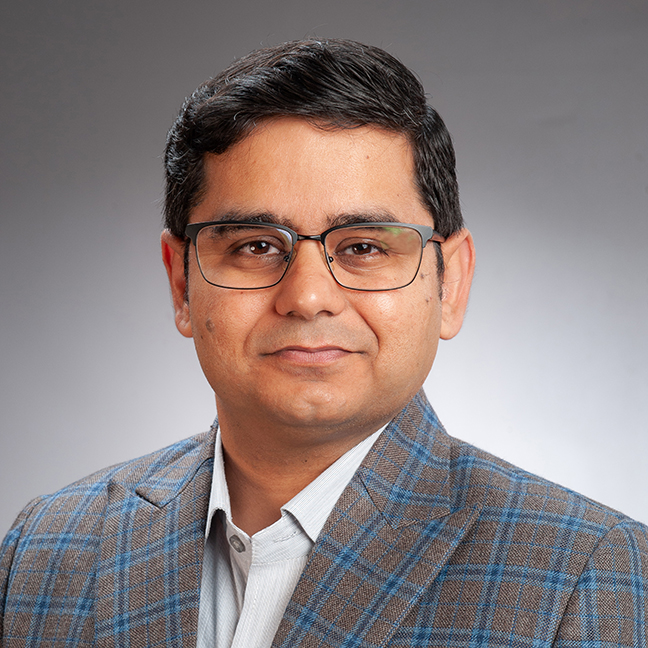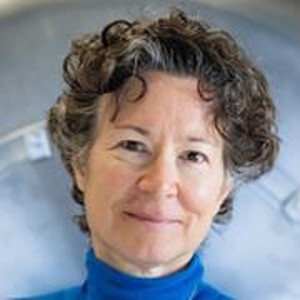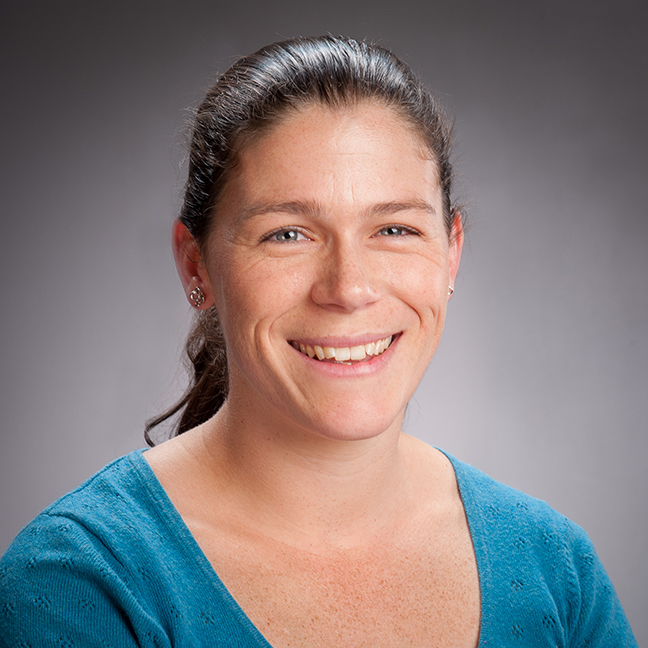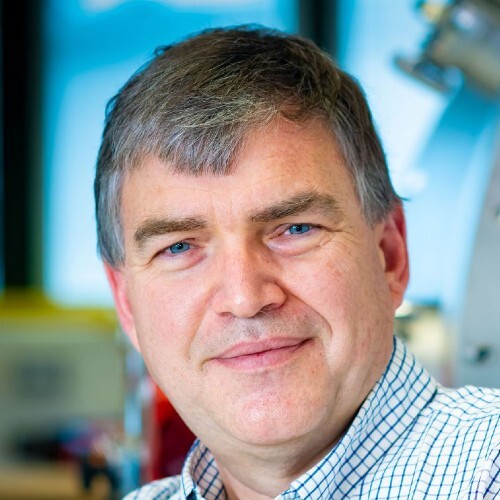Space science
Space science is the study of everything space-related, from the physics of rockets to the sociopolitical context. Find out about our research in this area.
Space science is the study of everything related to space—in other words, everything beyond the Earth's atmosphere.
Space scientists study more than just rockets, satellites, and stars. They also study the dynamics of the near-Earth environment. They research the use of space to better our daily lives and to fight climate change. And they explore how policy and politics work in space.
Here at Te Herenga Waka—Victoria University of Wellington, our interests span a diverse range of topics from the broader field of space science. Our team includes experts in the following areas:
- rocket science
- astrophysics
- space physics
- Earth observation and remote sensing
- politics and society in space.
Academic staff and their research interests
Geochemistry Lab Manager
Senior Research Fellow
School of Geography, Environment and Earth Sciences|School of Geography, Environment and Earth Sciences
Bruce Charlier is an isotope geochemist in charge of running the Geochemistry Laboratory in the School of Geography, Environment and Earth Sciences (SGEES).
His research centres on the use of meteorites as remnants of the early solar system to study the timing and processes involved in the formation of the sun, planets, and asteroids. He uses high-precision isotope ratio and trace element measurements via thermal ionisation mass spectrometry (TIMS) and inductively coupled plasma mass spectrometry (ICP-MS) to unpick information on the early solar system from different meteorite types and their components.
Bruce is particularly interested in the processes of nucleosynthesis in stars and the inheritance of nucleosynthetic anomalies by solar system materials and their use as tracers for the building blocks of the solar system. He also uses radiogenic isotopic systems to place time constraints on the birth and evolution of the early solar system.
Tim Corballis’s research combines academic study of the aesthetic and political aspects of the sciences, with creative art and writing. Recent and ongoing academic work includes the study of planetary models and closed system experiments through the lens of art theory, seeing them as allegories for planetary processes. Tim is also working on a literary science fiction novel about planetary ecology, systems theory, politics, and society through the allegory of a ‘generation spaceship’.
Steve Curran’s main research focus is high-redshift radio astronomy—in particular the cold, star-forming, atomic and molecular gas in the distant Universe. He is also interested in using machine-learning techniques to classify and determine the distances to the vast number of new cosmologically distant objects that will be discovered with the Square Kilometre Array.
Alejandro’s early academic background was in electronic and electrical engineering, applied mathematics, and applied computing. His current research interests include applied and computational statistics, with special emphasis on synthetic aperture radar imaging, speckle, image processing and analysis, and time series analysis.
Dr Jakub Glowacki is an aerospace engineer specialising in the design, analysis, and testing of in-space propulsion. He obtained his PhD from Politecnico di Milano (Italy) in 2016 working on the numerical modelling of reactive flows and analysis of vortex hybrid rockets.
Jakub is currently working as a research engineer for Paihau—Robinson Research Institute on the application of superconducting materials for aerospace engineering, mostly through in-space electric propulsion. His main field of interest is in the engineering application of numerical methods, in particular, computational fluid dynamics.
Christopher is a senior lecturer at the School of Engineering and Computer Science. His research aims to develop mobile robots that can interact autonomously with their environment. The main focus of his work is the development of artificial robot ‘minds’, capable of perceiving and modelling the world in real time and then responding appropriately.
Dr Nick Long is Director of the Paihau—Robinson Research Institute. His primary research is in high-temperature superconductivity (HTS). He is the science leader on the first competitive MBIE-funded programmes for space technology at Te Herenga Waka—Victoria University of Wellington.
Dr Long oversees the development of superconductor-enabled, applied-field magneto-plasma-dynamic thrusters, in collaboration with groups at the University of Auckland and the University of Canterbury.
He is also involved in Robinson collaborations with UNSW Canberra Space on mission analysis, and with the German space agency (DLR) on using magnets for heat shielding. He is also working with a private company on an electromagnetic launch for space application.
In previous work, Dr Long was a founder of the programme at the Institute to develop HTS Roebel cable for use in transformers and other AC machines.

Jamal Olatunji
Dr. Jamal Olatunji has a background in simulation engineering and is a numerical specialist. Jamal works on developing thermal and power management models for spacecraft equipped with superconducting components. He is also working on developing superconducting electromagnets for plasma rockets.
Lecturer Physics
School of Chemical and Physical Sciences
Tulasi Parashar’s research covers various aspects of turbulence in space and astrophysical systems such as the heliosphere, planetary magnetosheaths, the intracluster medium, conditions and objects in low earth orbit (LEO), and modeling of plasma thrusters.
Tulasi uses state-of-the-art plasma simulations in various regimes—including fully kinetic and hybrid kinetic—as well as fluid for these applications. The simulation studies are complemented by analysis of data from spacecraft such as Voyager, NASA’s Magnetospheric Multiscale (MMS) mission, the Van Allen Probes, and the Parker Solar Probe.
Tulasi has published about 70 articles covering aspects of fundamental plasma physics and turbulence in space plasmas.
Betina Pavri is a senior principal engineer at Paiahu—Robinson Research Institute. She supports the development of high-temperature superconducting magnet technologies for space applications.
Read an interview with Betina.
See Betina’s ResearchGate page.
Senior Lecturer
School of Chemical and Physical Sciences
Yvette Perrott’s main research interest is the study of clusters of galaxies. Galaxy clusters contain hot gas which interacts with the leftover radiation from the Big Bang, producing a signal in the radio frequency range known as the Sunyaev-Zel'dovich (SZ) effect.
Yvette’s research involves observing the SZ signal with radio telescopes and using this to infer the total masses of galaxy clusters, which as a function of distance can be used to study the expansion history and properties of the Universe.
At Paihau—Robinson Research Institute, Randy Pollock is working to adapt the Institute’s deep knowledge of high-temperature superconductors to space applications. He is also interested in remote sensing—especially as used to address environmental science questions. Randy looks forward to getting involved in the science community in New Zealand.
Research students
View a list of students researching in the field of space science and see what they are focusing on.

Chris Acheson
Postgraduate researcher
- ‘A high-temperature superconducting applied field module for a magnetoplasmadynamic thruster’
- Supervised by Jakub Glowacki

Harvey Barron
MSc candidate
- ‘Impact of pressure profile modelling on SZ turbulent power spectrum’ (MSc thesis)
- Supervised by Yvette Perrott and Tulasi Parashar
Mark Bishop
PhD candidate
- ‘Inferring turbulent spectra in the intracluster medium’ (PhD thesis)
- Supervised by Yvette Perrott and Tulasi Parashar

Jago Edyvean
Postgraduate researcher
- ‘Energy transfer and dissipation in kinetic plasma turbulence’ (tentative)
- Supervised by Tulasi Parashar and Eric Le Ru

Celine Jane
Postgraduate researcher
- ‘Magnetic disturbance rejection for spacecraft using electric propulsion’
- Supervised by Jakub Glowacki

Szymon Kaltenberg
MSc candidate
- ‘Statistical overview of fluctuations and charged particles in Van Allen radiation belts’ (tentative) (MSc thesis)
- Supervised by Tulasi Parashar
Mohini Pachchigar
PhD candidate
- ‘Probing the evolution of galaxy clusters using the Sunyaev-Zel'dovich effect and non-thermal radio emission’ (PhD thesis)
- Supervised by Yvette Perrott and Tulasi Parashar

Jingwei Qiu
Postgraduate researcher
- ‘A sociotechnical analysis of US space programmes’
- Supervised by Tim Corballis
Jingwei Qiu is researching the contested history of United States space programmes from the mid-twentieth century, through the Cold War, to the current ‘new space race’. He is applying the lens of Sociotechnical Imaginaries from Science and Technology Studies as well as approaches from Utopian Studies and Large Technical Systems scholarship.

Vishnu Asokakumar Sreekala
Postgraduate researcher
- ‘The interaction of heavily magnetised objects with rarefied plasma’
- Supervised by Tulasi Parashar and Jakub Glowacki

Kang Wang
PhD candidate
- ‘Extracting cluster gas pressure profiles from Sunyaev-Zel'dovich effect data in the presence of realistic foreground and background emission’ (PhD thesis)
- Supervised by Yvette Perrott

Faun Watson
Postgraduate researcher
- ‘Mixed flow ionospheric aerodynamics’ (completed)
- Supervised by Tulasi Parashar and Jakub Glowacki
Daniel Wrench
Postgraduate researcher
- ‘Applying machine learning techniques to extract useful information from solar wind turbulence time series with missing data’ (tentative)
- Supervised by Tulasi Parashar, Ramesh Rayudu, and Marcus Frean

